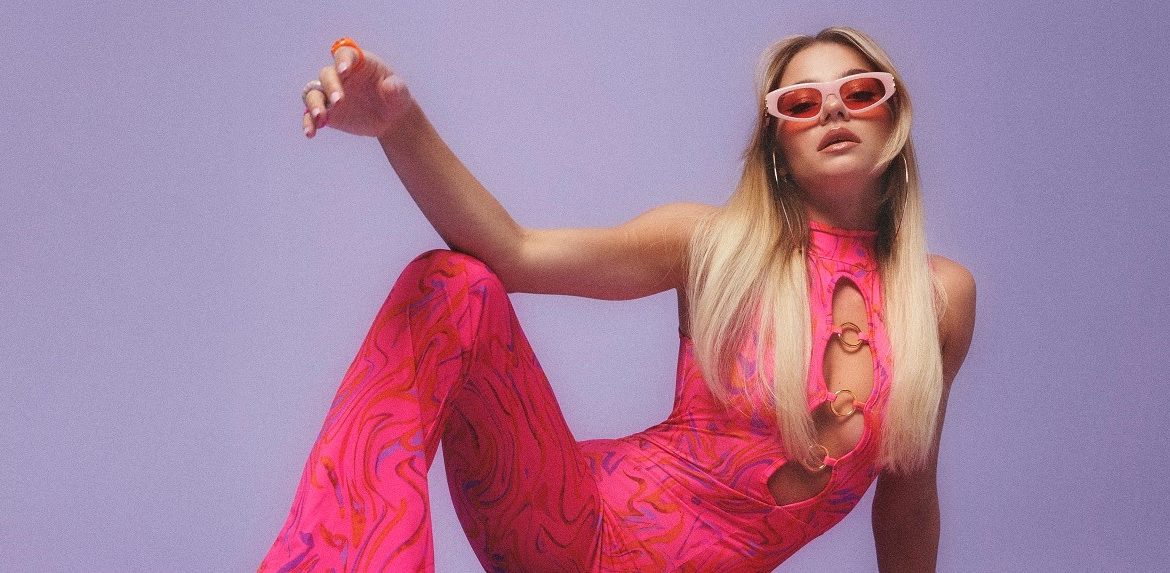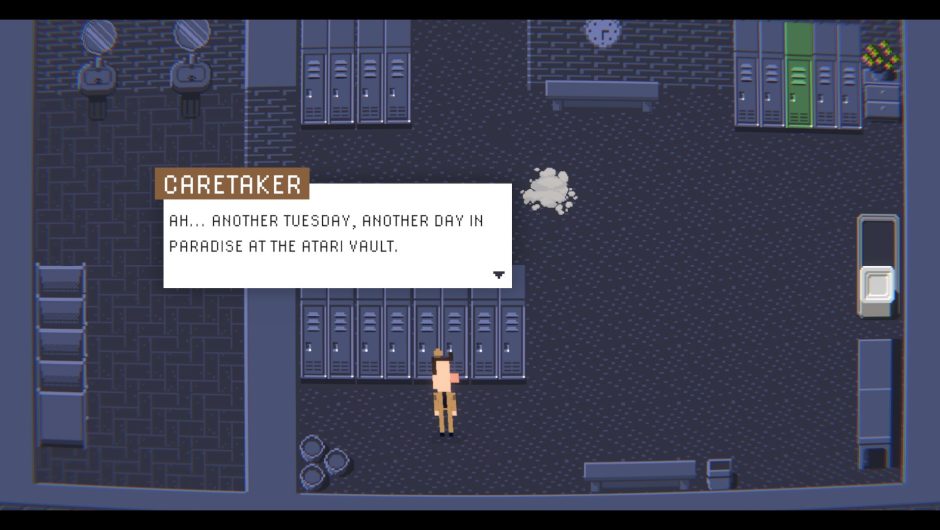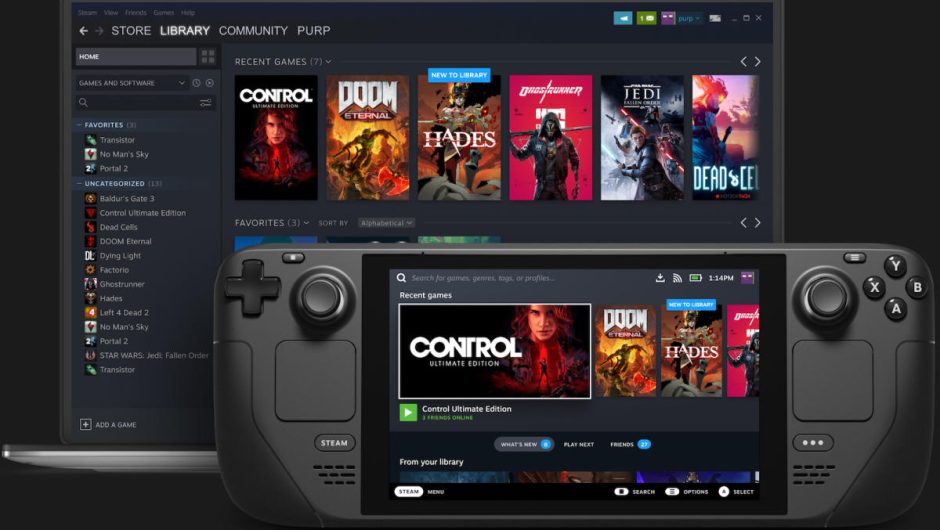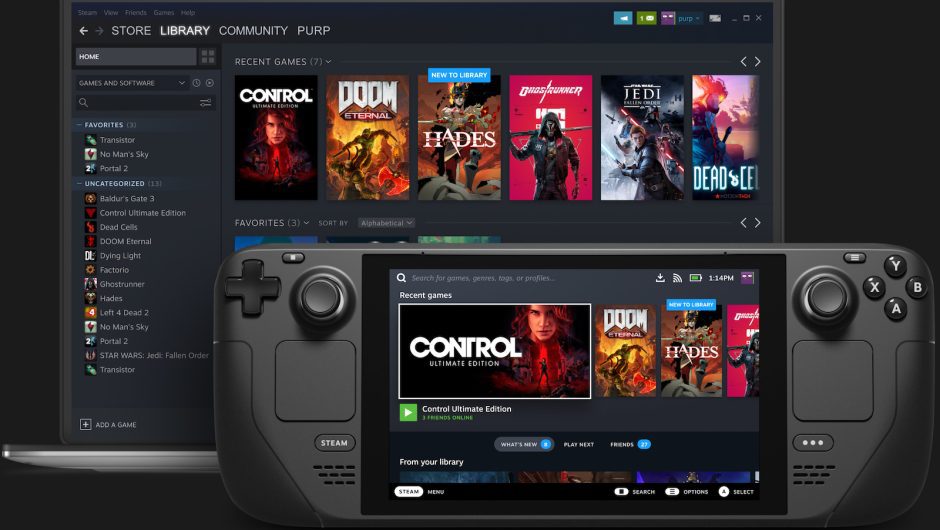They created choreography for top Polish artists such as Margaret, Natalia Szröder and Duda. They teach high heels, they appear on TV shows and they teach girls how to be confident. On the occasion of the premiere of the PUMA Mayze shoe model, I spoke to dancers Tina Papazian and Suzy Bakajowska about expressing myself through dance, work on the set, and inspiration from the world of fashion. Also check out our dance playlists created by girls especially for the occasion!
Kama Wojtkiewicz: You’ve been dancing for years and doing high-heeled shoe lessons. How did you come across this particular method?
Tina Papazian: At the age of seven, she began training various dance techniques. I was in the Polish, European and World Championships. When I was 17, I felt I wanted to major in jazz. It was and still is my guiding method. I love musicals and old Hollywood, where there are very feminine soloists dancing in heels. The first movie that made the biggest impression on my mind was “Chicago”. There, I found an image of femininity that had an element of strength in it. This is also how my dance style was formed, which is primarily feminine. When I started working in the trade, incl. In the program your face looks familiar, I had to be able to do everything I danced in heels. Hence the naturally high heel style. For 3 years, I have been diving into the world of fashion, especially in the historical and cultural context. I watch documentaries about Madonna dancers or old musicals.

Susie Bakowska: I also started with different styles of dance, from hip-hop to commercials. I’ve traveled the world and visited London and the United States. There I watched dancers who started the high heel style. I thought it would be good to introduce this method to Poland. I started my company, Heels Moment, and started teaching classes and workshops.
Do you feel that high heels style boosts your confidence and changes the way you feel about your body every day?
SP: definitely yes. I’ve also noticed this in my students, who often come into first class hunched and shy, and after two months they come out confident and confident. For me, as a teacher, it is very inspiring to watch them change.
TP: By observing my students, I can see that a certain emotional maturity is also needed for the movement to become conscious and feminine. We don’t feel confident every day, but dancing allows us to connect with him better.
In addition to classes with students, you also work with models, actresses, or artists on music videos. What does your creative process look like when creating choreography?
SP: It depends on the type of request. I often work as a movement manager. Then I not only create the choreography, but help the performers to show a certain costume, suggest how to move and even stand in front of the camera. I mainly focus on showing a particular person from their best side. What looks good to me won’t necessarily work for someone else. I usually have a concept in my head, but only when I get to know the capabilities of the artist or dancer I’m working with can I really start choreographing. Then I try to extract its greatest strengths from it.
TP: Music that tells me what kind of choreography to create is very important to me. I want to convey the mood of music in my movements. I need a new and somewhat original idea. I transcend mediocrity, even if this situation prolongs the creative process. I’d rather think and look for solutions for longer than creating something that’s already been done.
Are you trying to reconcile the charisma and musical style of the artist you’re working with with the concept of choreography? Do you allow yourself to experience?
TP: When I work as a dancer on a piece of music, my creativity can only be used if requested by the artist or director. Recently, I’ve been working on the music video for Ophelia, where, despite the top-down choreography, I’ve got plenty of freedom to dance in my own style and bluff. It was a great experience.
SP: I’d love to experiment, although it depends on who I’m working with and if there’s openness to it. If the artist wants a high heel style, I prefer to keep the choreography consistent.
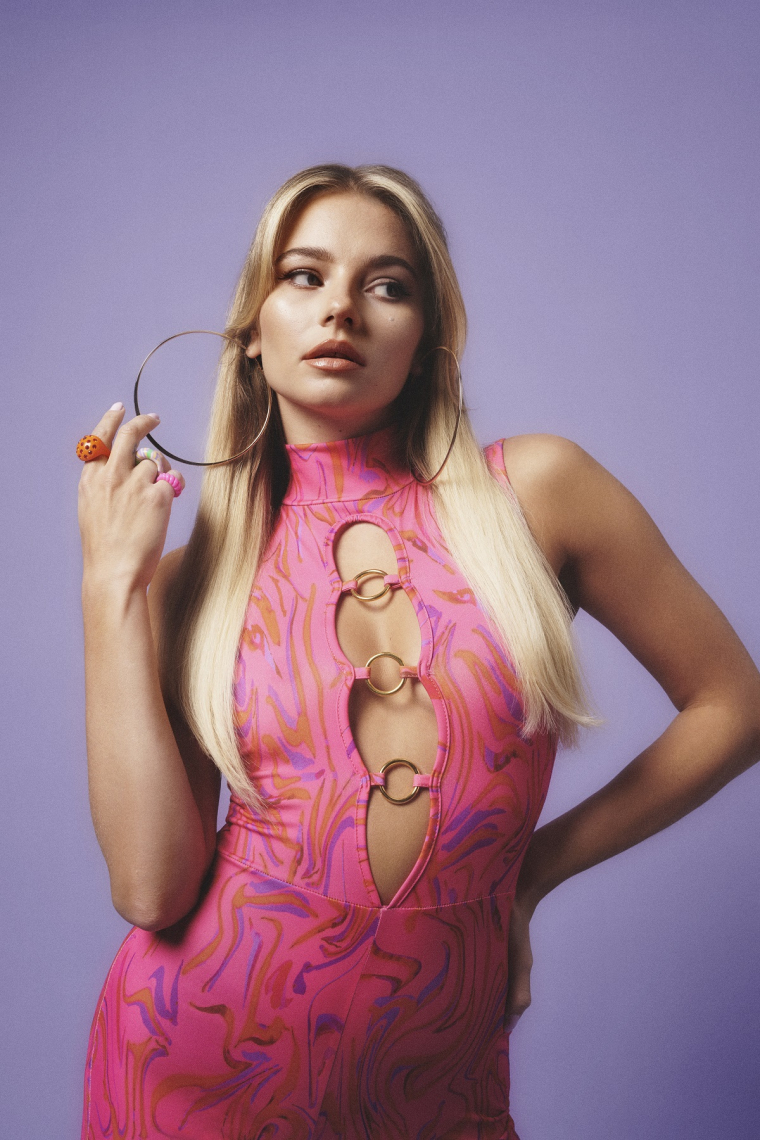
And do you remember any special collaborations that shaped you or were groundbreaking?
SP: Every collaboration is a challenge for me and an opportunity for development. Artists have different experiences with dance and movement, which means my work is never the same. I have fond memories of working with Natalia Szroder and Margaret on the “Sold Out” segment, where I was a choreographer, dancer, and motion director. I was not only responsible for the choreography, but also the way the girls presented their clothes. They both had dance experience so it was a really cool collaboration.
TP: For me, working in advertising for the Agent Provocateur brand in London was a huge advance. I went to the cast, hoping to get nothing. I wanted to meet my idol, Daniel Polanco. I come as the only dancer from outside the UK. I dreamed of going to Polanco’s classes, and finally I was chosen from among almost 300 people. It was a great experience in my career path. He showed me that you have to chase your dreams, be insightful and do thorough research.
Who inspires you in the world of music and dance?
SP: I love commercial music in the 90s and 2000s. Young J.Lo, Christina Aguilera, TLC. They inspired me to develop my own commercial style of high heels. I’m also a fan of Beacon Marshall who dances in heels. He is a role model for me.
TP: For me, musical jazz is a huge inspiration, that is, you no longer hear it in bars. I also draw from classical and film music. In dancing, I’m drawn to tap dancing at the moment. I was only in one lesson, but I really felt like I wanted to delve into it.
Your favorite music is closely related to certain aesthetics and the way you dress. The ’90s commercial is after all cargo pants, crop tops and circles in the ears. Does fashion really shape your dance style?
TP: My mood often depends on what I wear. I wear sportswear every day. I like to dress specific and consistent. I often tell my students to come to class dressed and make up as if they were on stage. it’s working. They immediately come up with a different attitude because they put some effort into it.
SP: When I wear something skin-tight, my dance becomes more exciting, and when I choose the loose-fitting design, I start to feel the hip-hop vibe. This changes, of course, and I often dance in heels and sneakers at the same time. It all depends on the music that inspires my clothes.
We’re talking on the occasion of the premiere of the latest PUMA Mayze model. Do you think these shoes would work in dance training and on stage?
SP: In my opinion, Mayze would be perfect for dancing. Although the shoes are longer, they are still very comfortable. The comfortable platform allows me to move freely, especially when I’m dancing hip-hop. Not to mention the fact that it’s beautiful both visually and to the fullest in my style.
TP: I like that the Mayze is stable while not restricting movement. You can use a platform sole for various dance tricks!
Fashion and music have a strong influence on your work style. Do you dream of working with any artist or star? Like this professional icing on the cake?
TP: If I could go to the States and have the cast there, I would be happy to work with every artist from there. The pinnacle of my dreams would be to be in a video of Beyoncé, Rihanna, or Jennifer Lopez.
SP: Rihanna is definitely in my career lead. Although she no longer plays music, her Savage x Fenty shows are a source of dance inspiration for me. I also dream of playing at the MTV VMA party, as is every dancer (laughs). Everything is still ahead!
The conversation took place on the occasion of the premiere of PUMA Mayze shoes, a bold model on a high platform, whose global ambassador is singer Dua Lipa. Earlier this year, the star, along with the brand, launched the networking platform She Moves Us, which celebrates women who promote culture and sports. Mayze is available at official PUMA stores, through PUMA.com, and from select partner stores.

